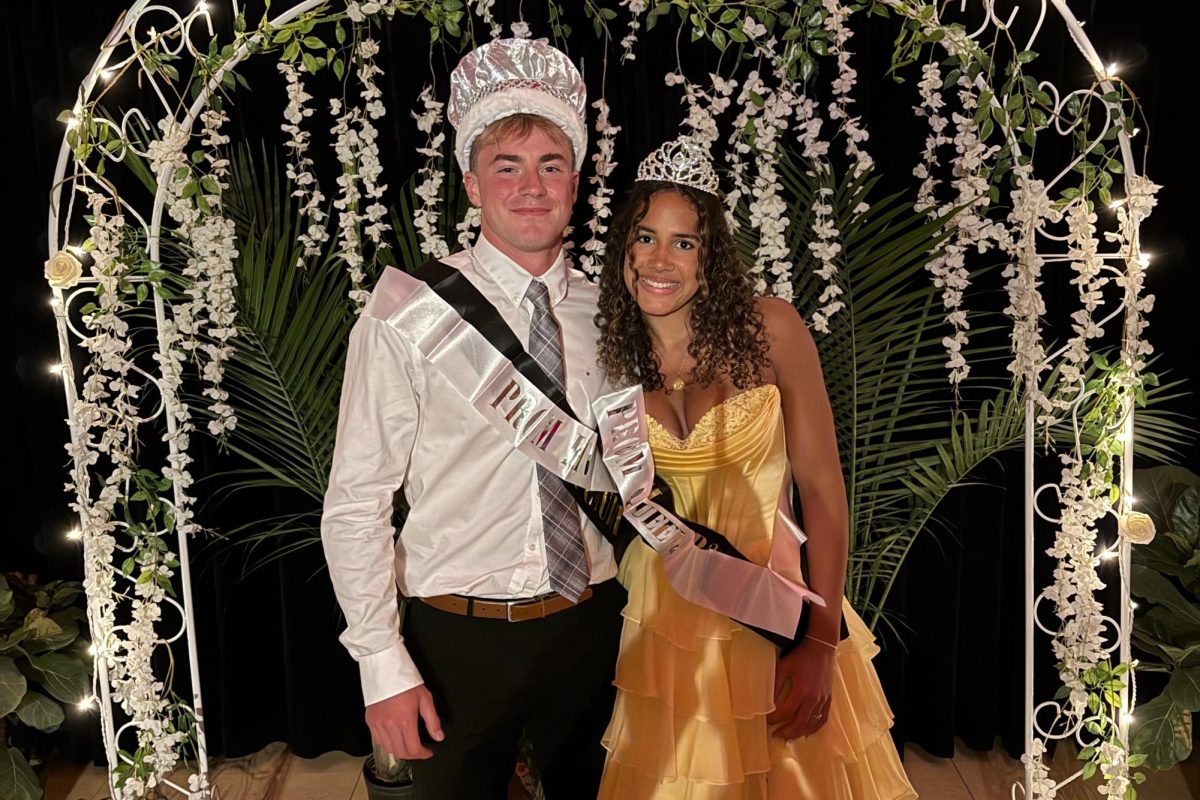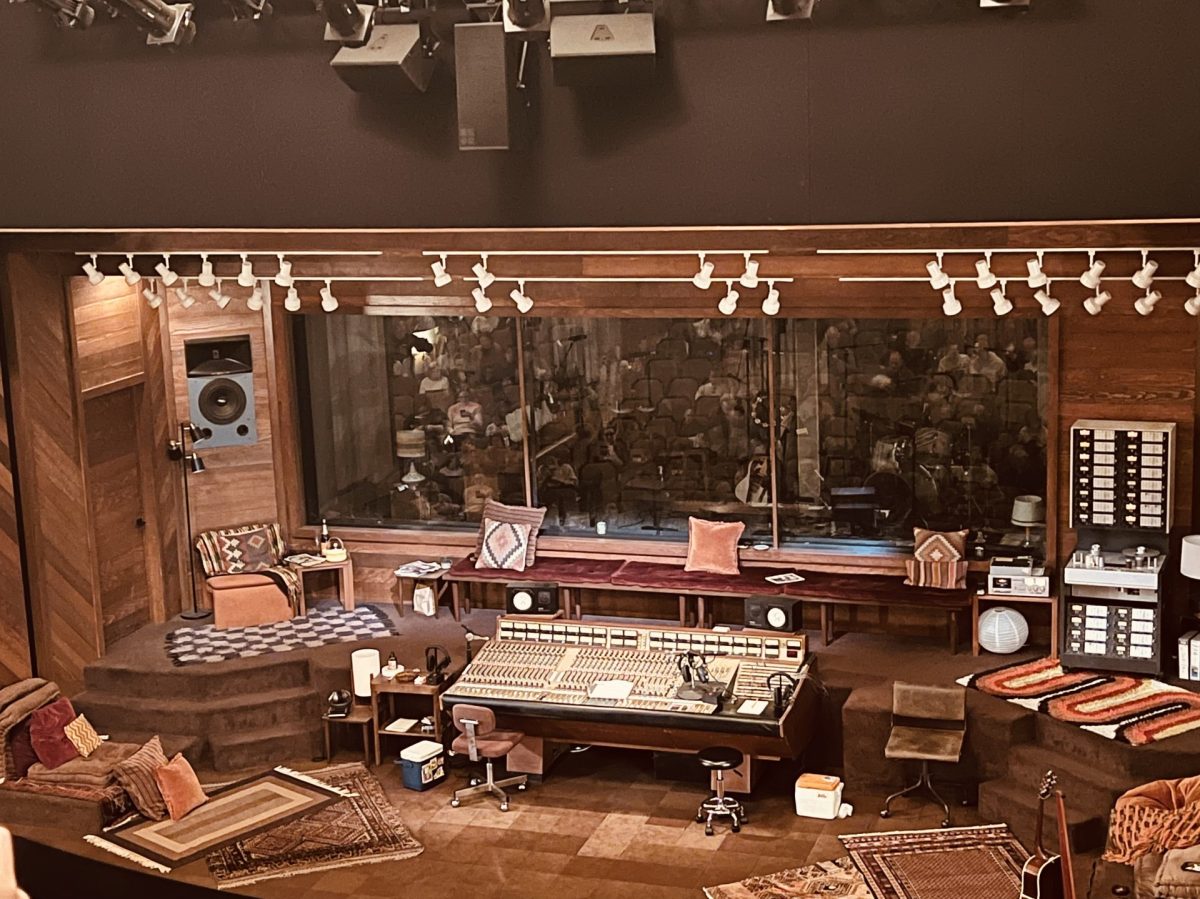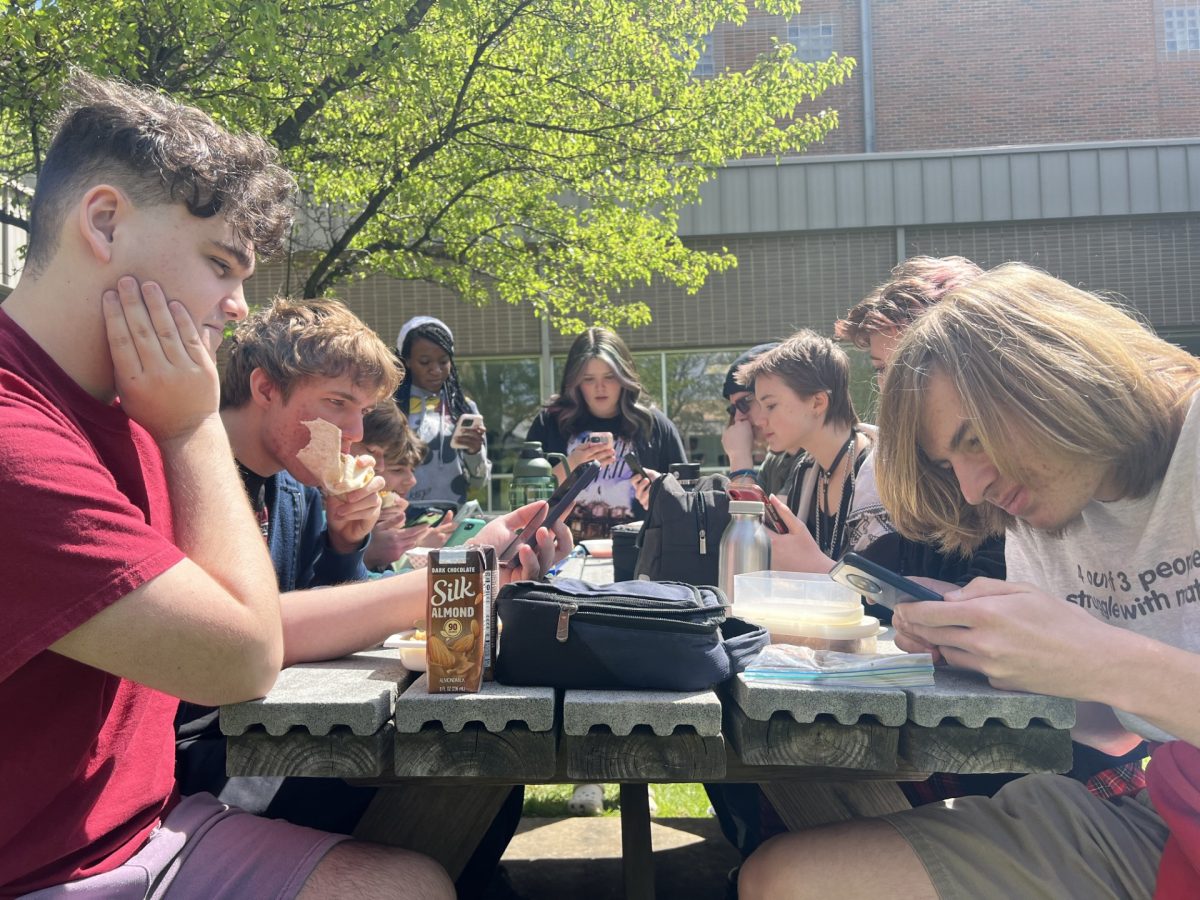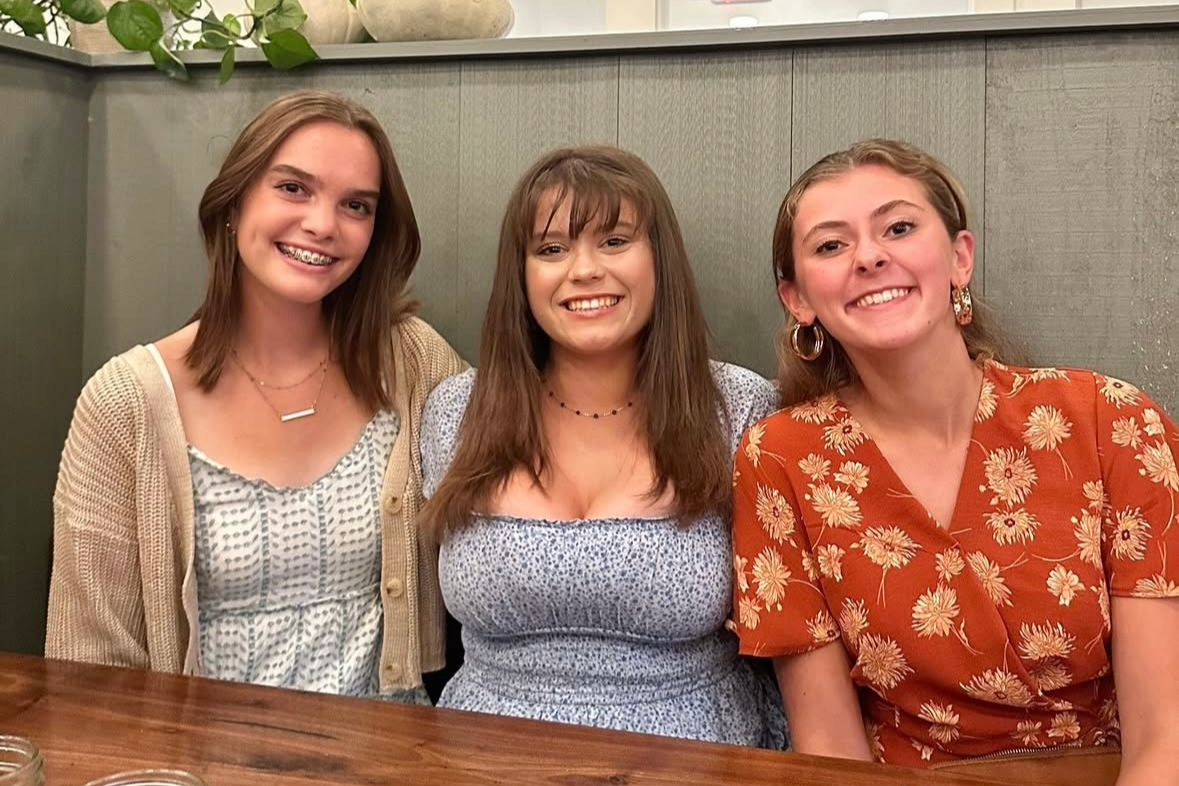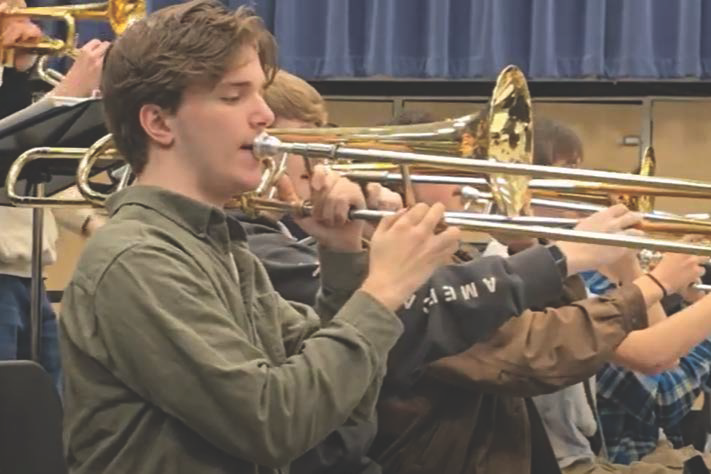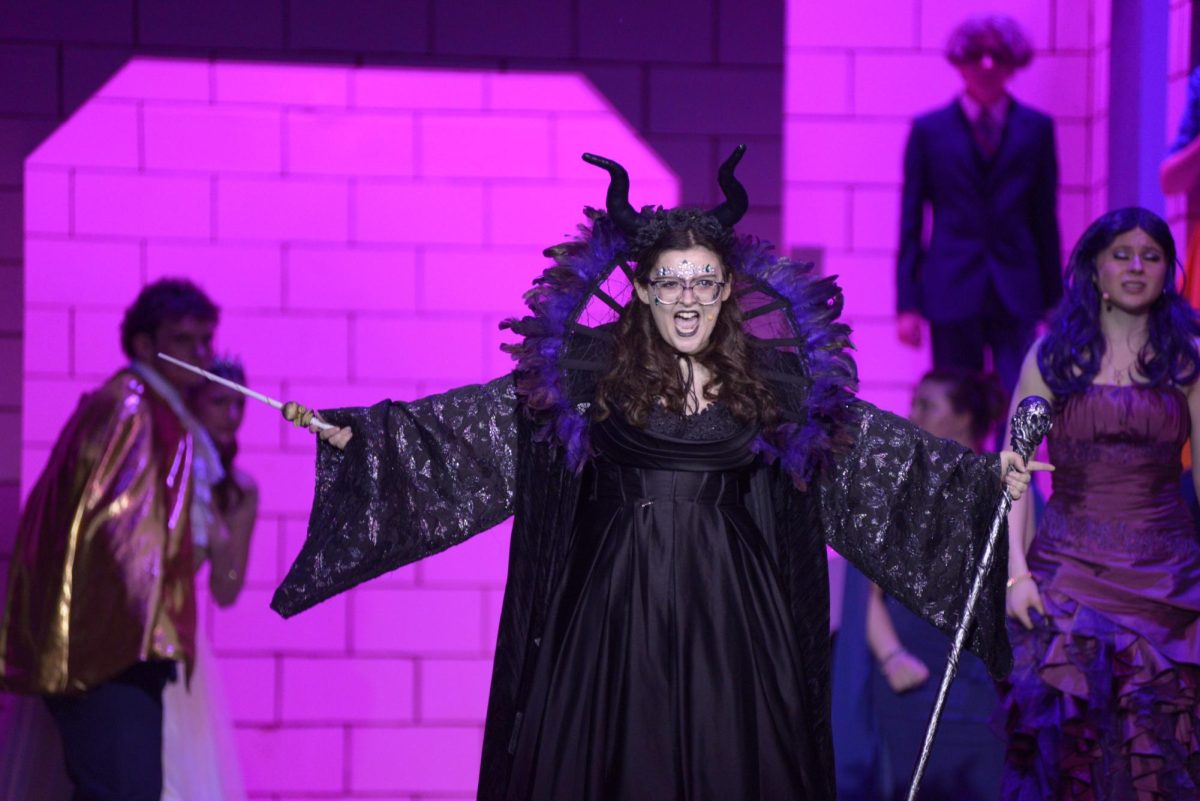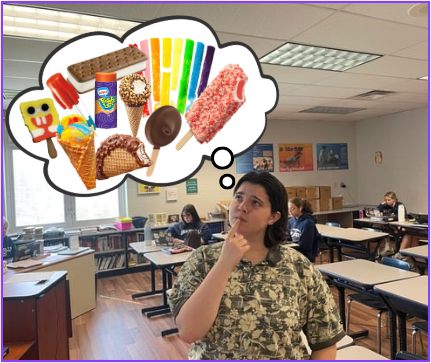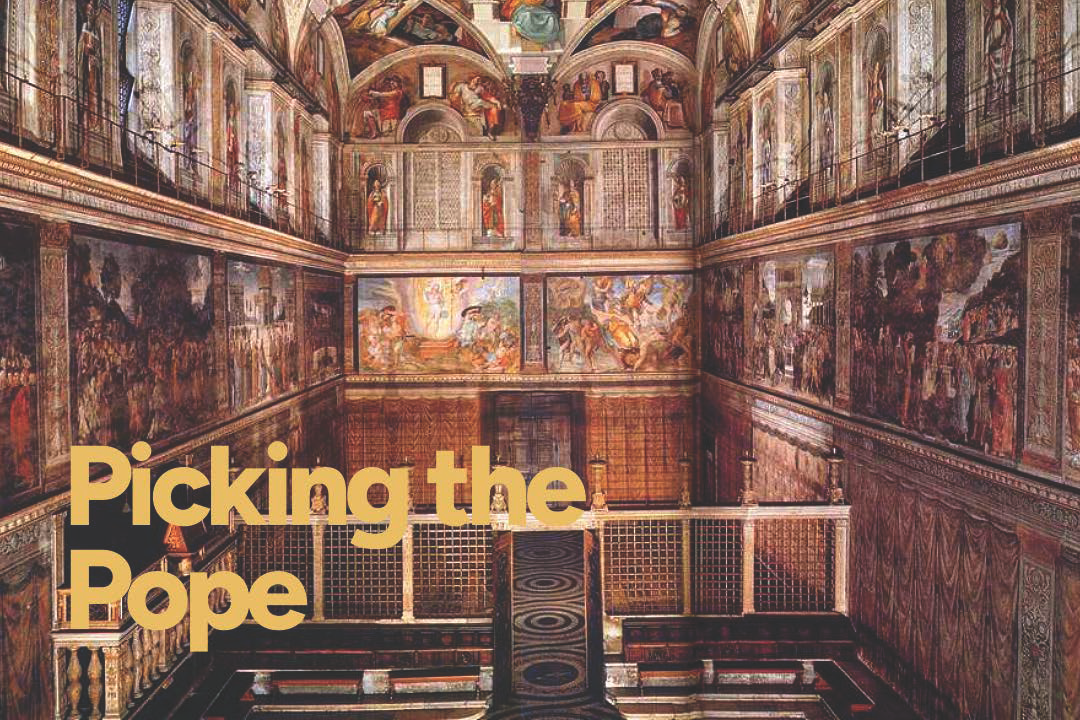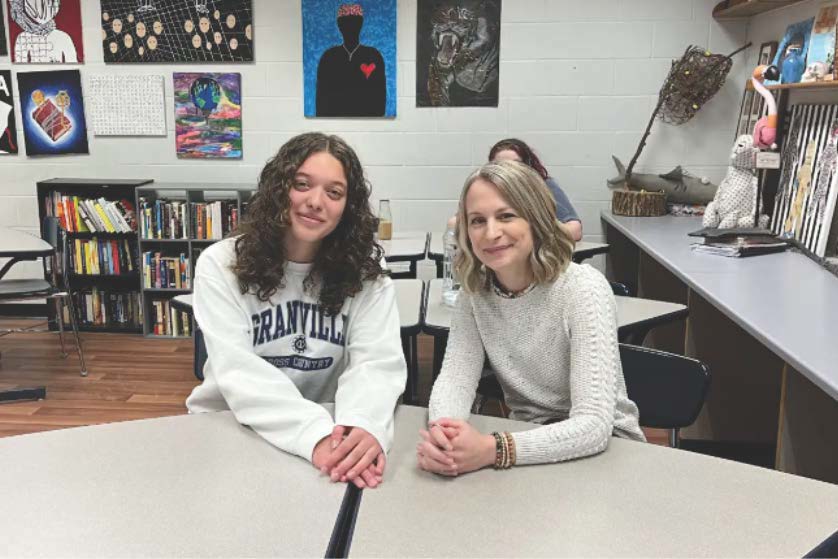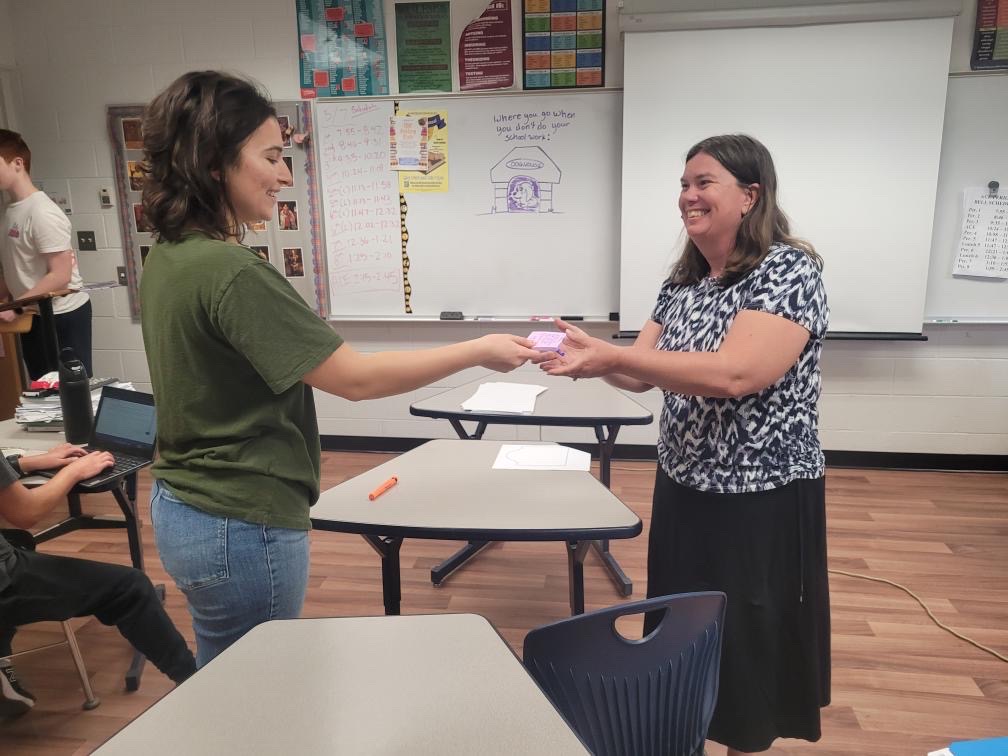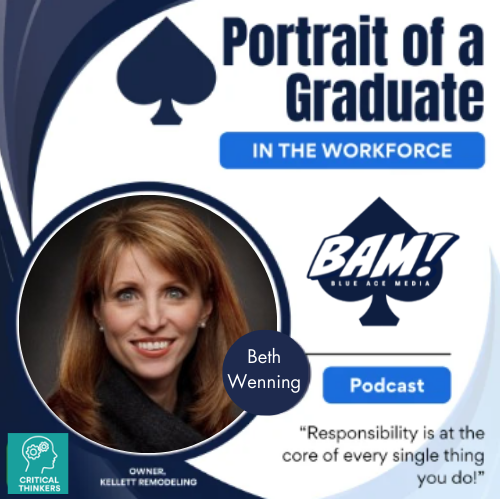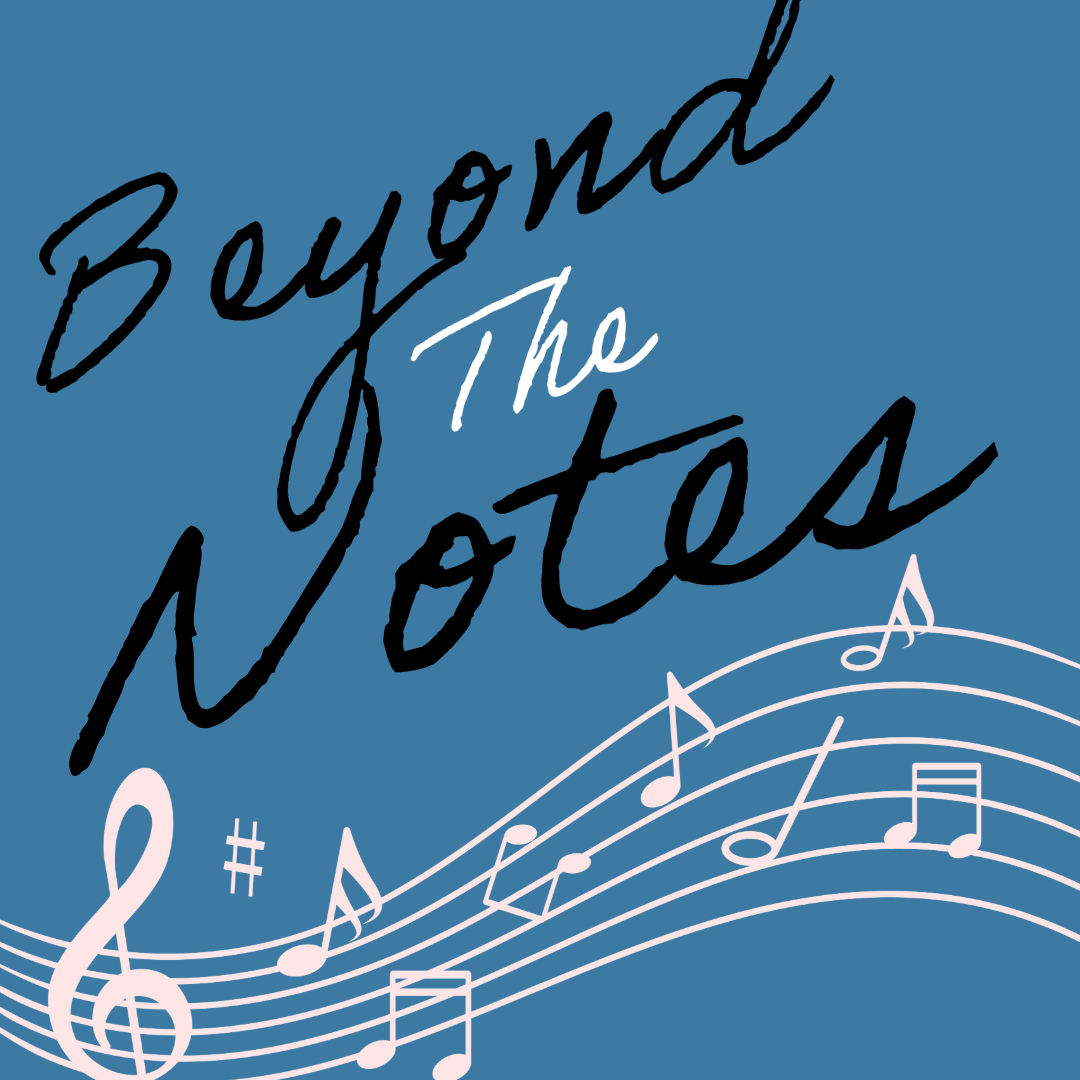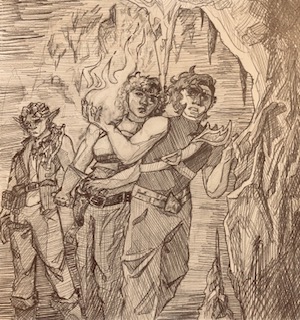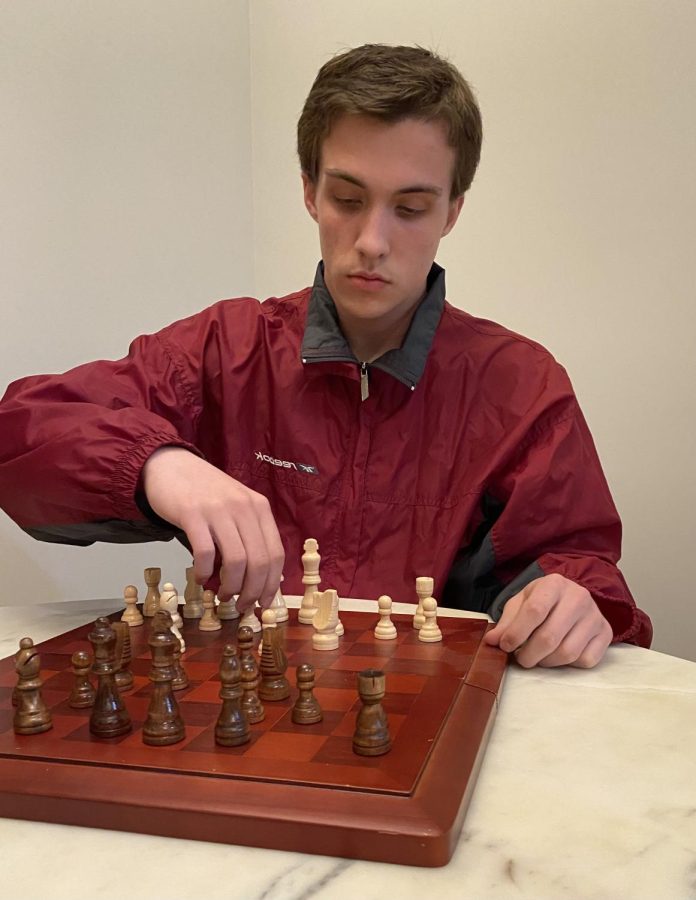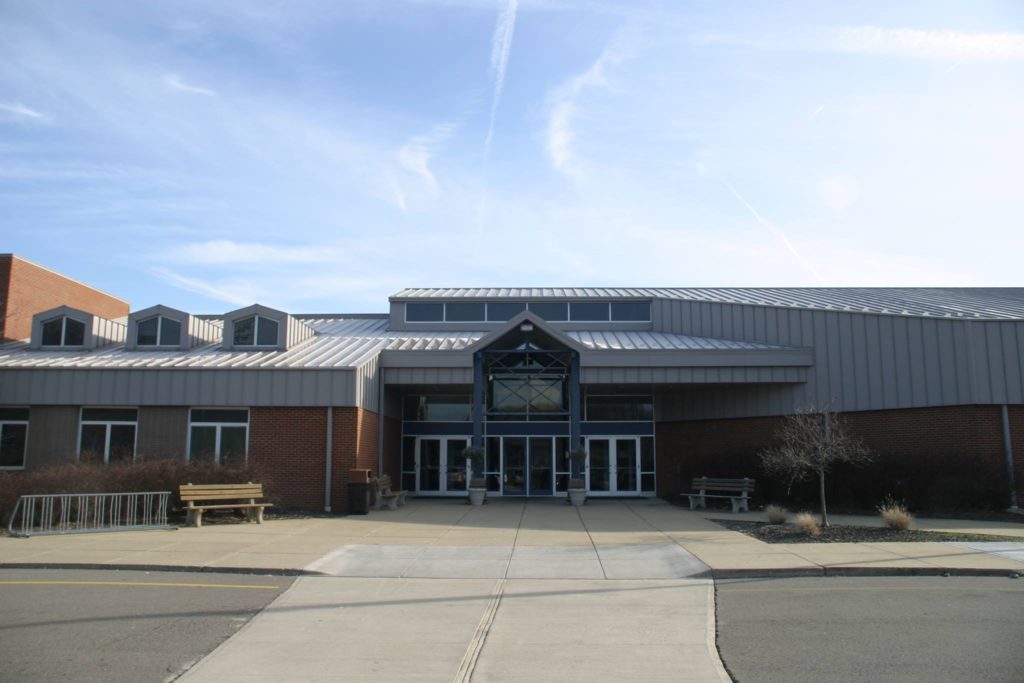To escape the mundanity of everyday life, Granville students have taken up a classic role playing game. Whether through the school, the library, or at home – creative teens, equipped with a myriad of dice, set out on an unwritten path in the Dungeons & Dragons universe.
D&D, a fantasy roleplaying game, has recently enjoyed a resurgence since its original 1980s popularity; it has inspired podcasts, had cameos in TV shows, and even inspired its feature film, “Dungeons and Dragons: Honor Among Thieves.”
An improvised adventure, referred to as a campaign and overseen by a dungeon master (DM), can take place in a medieval, futuristic, or even a modern setting. Different versions of the rules and universe exist as well; alternate worlds such as the Forgotten Realms (where the fantasy of DND is magically intertwined with Earth) and Ebberon (a post-war setting influenced by pulp magazines and steampunk) give a framework of history and gameplay from which to create your own story. The game is played with a myriad of multi-sided dice, a player’s handbook, a dungeon master’s guide, a character sheet (with scores that determine a player’s actions), a miniature to represent a character in battles, and a map.
Genially by Sophia Sturiano
Most of local players are introduced through the public library’s summer D&D program.
“It was a summer program at [the Granville Public Library] in the basement and they had a huge thing where you’d go and learn how to make a character…the rest of the weeks they would have little campaigns with your characters that you made,” said Jess, a junior who acts as DM for their friends’ campaigns. Their first experience with D&D was “chaotic” and as a new player, they underestimated how realistic gameplay could be. “My character died jumping off of an airship, not realizing there would be traction with the rope (that he had tied to himself) and so he just got whiplash and died.”
“I first played D&D over vacation with some family friends,” senior Jacob Bittel said. “It was a while ago but what really got me back into it was the public library’s summer campaigns, which I’ve been playing since they first began.”
Learning to be a DM, although often portrayed as confusing and time consuming, isn’t really about memorizing how to play; it’s all a matter of creativity and confidence.
“It all depends on how creative you are and how good at improvisation you are and how patient you are,” senior Abby Bergstrom said.
“The first game I DM’ed for was with one of the D&D books that lay out the entire campaign for you and those are easier then making up your own story because they have stats and plot lines laid out for you,” Jess said, “But DMing is kind of just a confidence thing; if you act like you know what you’re doing then it’ll look like you know what you’re doing.”
Many students find themselves drawn to D&D because of the freedom found within the game.
“[It is] escapism mostly. I’ve always liked fantasy and having a world where you can be anyone and do anything,” Jess said.
For others, it is the boundless creative potential.
“I have such a love of fantasy universes, and being able to [make] details for an entire other world that’s completely different and has completely different elements,” Bittel said.
“I love continuing to play because it’s something where I can be creative and do math and be a really big nerd all at the same time and do these things that you can’t do in real life,” Bergstrom said.
Integral to creating a character in D&D is race and class. Based on classic fantasy such as Tolkien, a player can be an orc or dwarf, a barbarian or wizard. The players of GHS have their favorites.
“I really like tieflings,” Jess said. “I think Clerics are really fun; so are basic fighters – that’s such a stupid class to choose but it works. Druids are also nice.”
“Favorite class I have to say is one hundred percent fighter because… it has a lot of room for customization; with a fighter, you can take up a bunch of different spells from all magic classes,” Bittel said. “For race, I have to say the changeling, because it’s completely different from everyone else. You can’t wear any armor but once you meet people you are able to change into them – so if you [play as a] druid [on top of] that, you can basically change into anything.”
At the end of the day, playing D&D can also translate into real world skills – being adaptable to story changes as a DM can help players with writing.
“I do write, and I think that writing campaigns and having to prepare for a lot of different ways the plot could go is really helpful,” Jess said.





